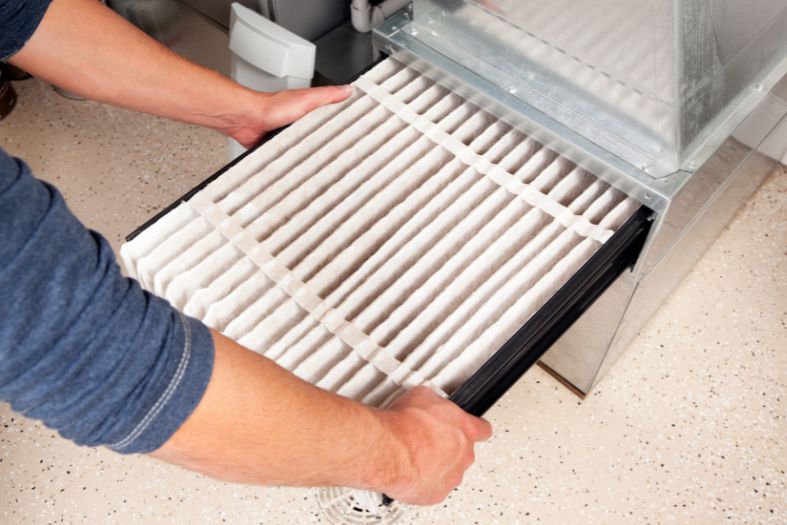
How Often Should You Replace Your Home’s HVAC Air Filters?
Without clean HVAC air filters, your household wouldn’t function nearly as well. The quality of the air you breathe would be significantly worse, and your heating and cooling systems would have a hard time doing their jobs. That’s why it’s imperative that you stay on top of replacing your air filters when they get dirty. If you allow them to become packed or clogged with contaminants, your comfort will suffer, your monthly energy costs may skyrocket, and your HVAC unit will be more at risk of breaking down. There are several factors that determine how often you need to switch these filters out for new ones.
Which Type of Filters Do You Use?
There are two common kinds of HVAC air filters used in households: pleated filters and fiberglass filters. Each type has its own guidelines for how often it needs to be replaced with a new unit. Pleated filters, which are the more expensive and more effective type, can last for about 90 days on average. Alternatively, fiberglass filters are more affordable, but they may not catch quite as many contaminants. With fiberglass filters, the typical lifespan is about one month. However, these are just the average life expectancies. Depending on a variety of household variables, those figures can become significantly longer or shorter.
Who’s Living in Your House?
The number of residents in your home has an impact on the status of your HVAC air filters. For example, if you live alone and spend many hours each day away at work, it’s unlikely that your HVAC system is circulating air all that often. As a result, your filters probably won’t get dirty that quickly. However, if four or five people are living there, and there’s usually someone home at any given time, those air filters are working much harder.
You should also consider the ages of the people living with you. Children are usually more sensitive to pollutants in the air, such as pollen, dust mites, pet dander, and mold. If you have any little ones around the house, you should be more careful about keeping your air filters clean and functional.
The Time of Year Plays a Role
Ultimately, relying more heavily on your HVAC system for comfort results in your filters becoming dirty more quickly. So, during the milder seasons, you probably won’t need to replace them quite as often. However, during the summer and winter, when you likely have air circulating frequently, those filters are going to be catching far more dust, dirt, dander, and small debris.
That being said, there are other seasonal factors to consider aside from the temperature outside. During spring, the air outside is filled with high quantities of pollen. When that pollen makes its way into your house, your air filter will likely become packed with it. Even though you may not be running your heating or cooling system as often this time of year, that doesn’t necessarily mean your filters will remain clean.
How Large Is Your Home?
Many homeowners don’t consider the fact that the size of their household impacts the condition of their air filters. However, it plays a significant role in how often those filters need to be replaced. If you have a house with a large, open living area, your heating and cooling systems need to circulate more air to maintain even, comfortable temperatures. As a result, more air will cycle through your HVAC filters, and they’ll catch more contaminants, which will clog them up more quickly.
Usually, smaller homes mean that your HVAC filters will last for longer. However, in some cases, smaller homes will have smaller appliances with custom-made filters. That means that the filters will be proportionate to the size of the home. So, verify the size of yours before making any assumptions.
Do You Have Allergies?
Do you or does anyone in your home suffer from allergy symptoms? If so, it’s especially important to change your air filters regularly. If your HVAC filters are too clogged to continue catching contaminants, that means that all of the pollen, dust, dander, and mold spores in your home will remain floating around the indoor air. Before you know it, anyone with allergy symptoms will be dealing with itchiness and irritation of the skin, nose, eyes, and throat. To avoid this, purchase new, clean filters more often than you otherwise would need to, especially during the pollen-filled springtime.
Furry Pets Make a Huge Difference
It’s great to have a few furry friends living in your house, but your HVAC air filters probably don’t agree. One of the few downsides to having cats, dogs, and other fuzzy pets is the extra work they create for those filters. For one thing, pets produce quite a bit of dander that will become airborne and get cycled through your HVAC unit. If your pets regularly shed, that hair will also end up being trapped in your air filters. Additionally, if any of your pets spend time outside, they’ll track dirt, pollen, and even mold back into the house when they return. As a general rule, the more pets you have, the more diligent you need to be about replacing your HVAC filters.
What Are Your Home’s Surroundings Like?
The nature of the area you live in can also affect your air filter’s cleanliness. For example, if you live in the middle of a big city, there’s most likely a lot of air pollution that your filters must deal with. However, if you live out in the middle of the country or an area surrounded by pine trees, the air is probably relatively fresh and clean. Consequently, your HVAC filters will probably take longer than average to get dirty.
When in Doubt, Turn to Visual Inspection
The variables listed above are all guidelines to help you develop the ideal routine for switching out your HVAC filters. That being said, you can always visually inspect your filters if you aren’t certain of their status. The best way to do so is to hold the filter in question up to a bright source of light. If you can see the light shining through the other side, the filter is still clean enough to do its job. While you’re figuring out how often your home’s filter needs to be switched out, you’ll likely be relying regularly on visual inspections.
At [company_name], we’re a reliable provider of heating, cooling, and indoor air quality services for Gainesville, GA and the surrounding area. Whether you’re located near Balus Creek Park, Lake Lanier Olympic Park, or anywhere in between, you can call us to handle your home comfort solutions. We’ve been proudly serving this area for over 30 years, and our excellent ratings on Google and with the BBB are testaments to the quality of our work. As a third-generation family-owned business, we take great pride in a job well done, and we offer a 100% satisfaction guarantee with every service we provide. Contact our offices at [company_name] today if you’d like to schedule an appointment!
Table of Contents
More Articles
Categories
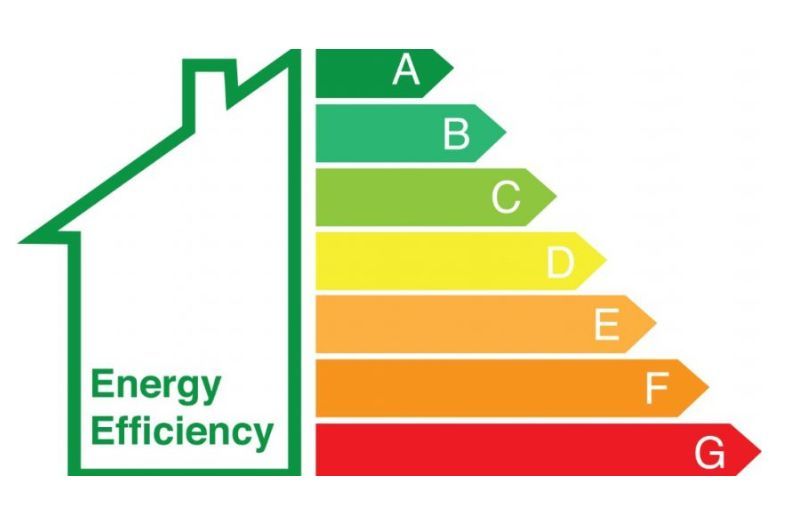
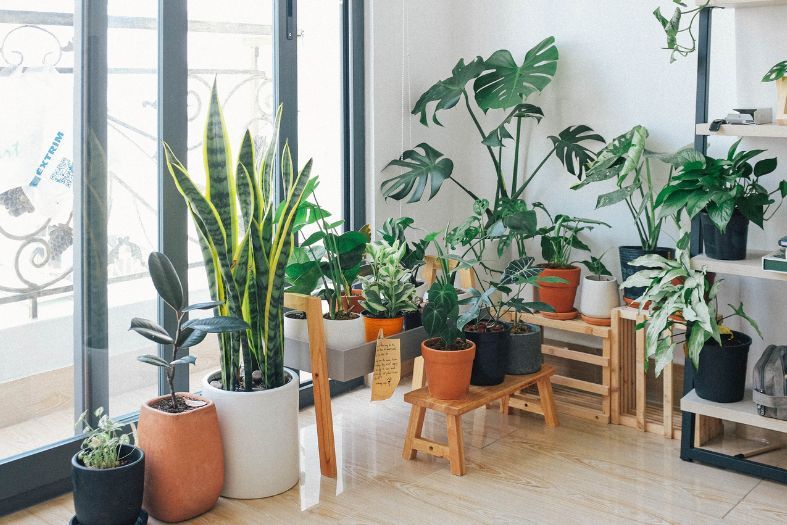
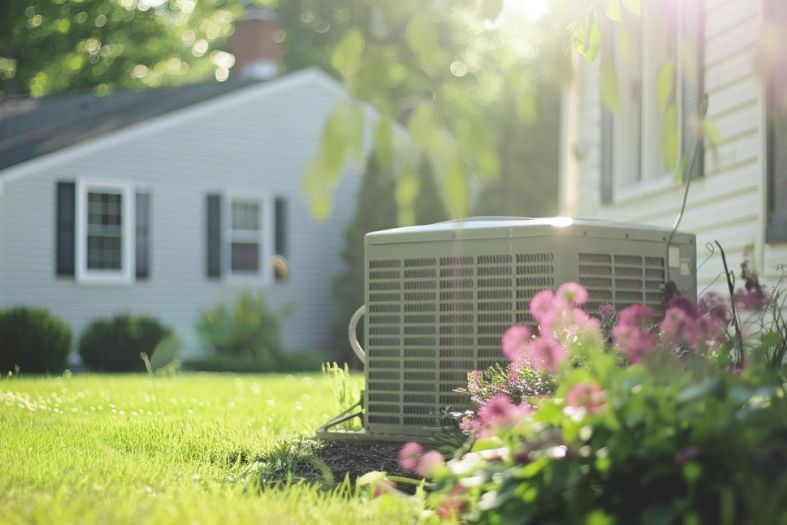
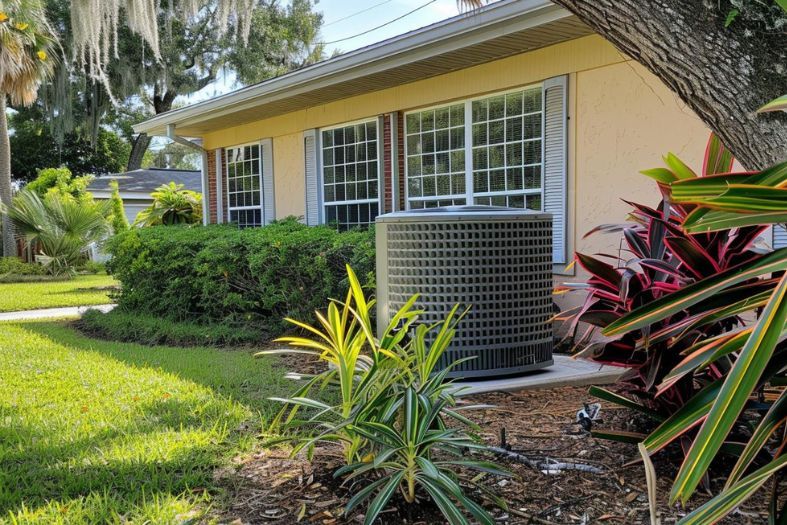
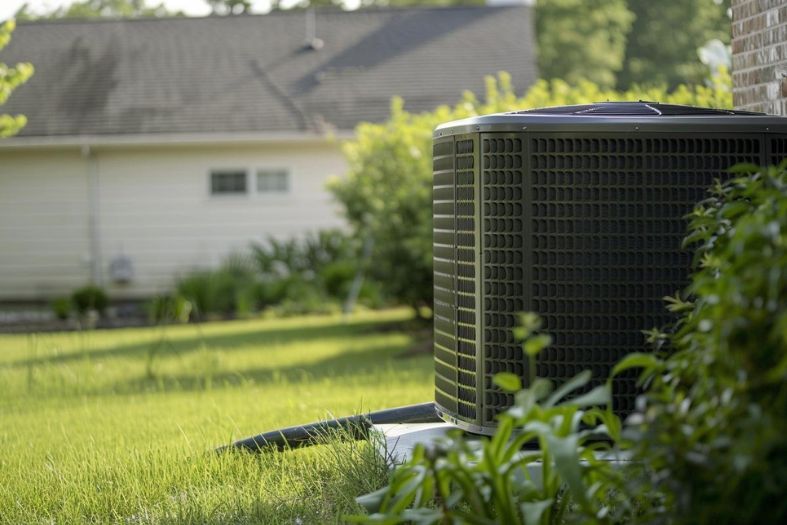
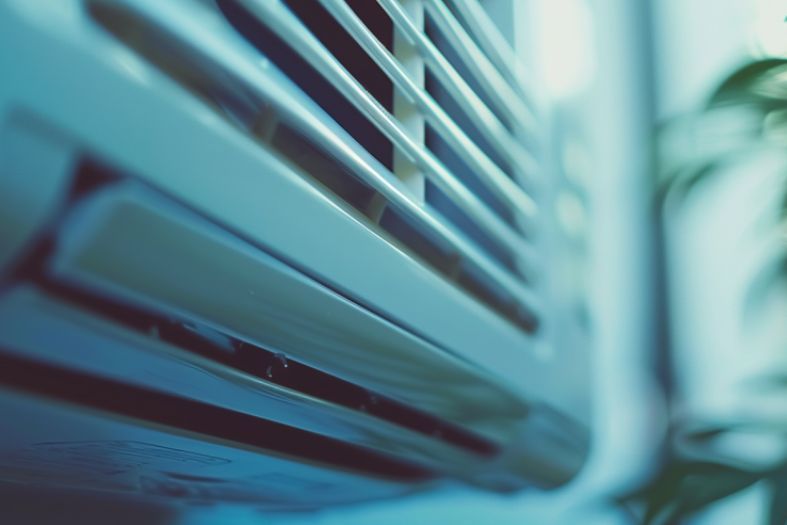

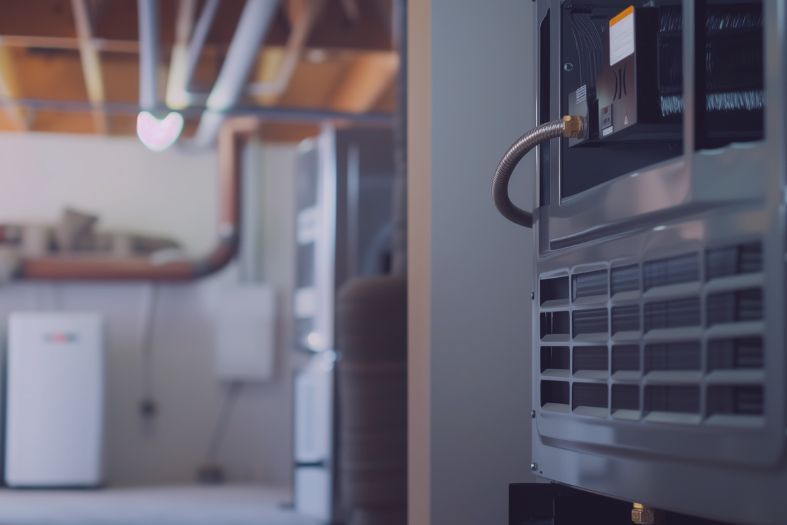
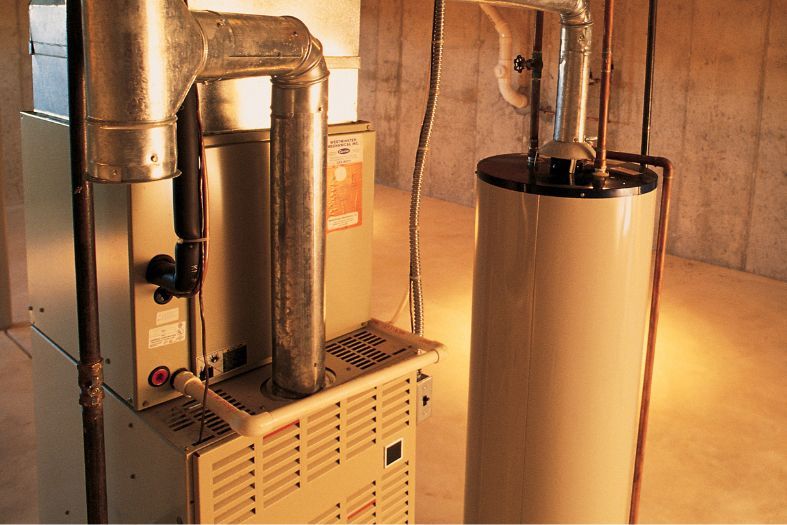
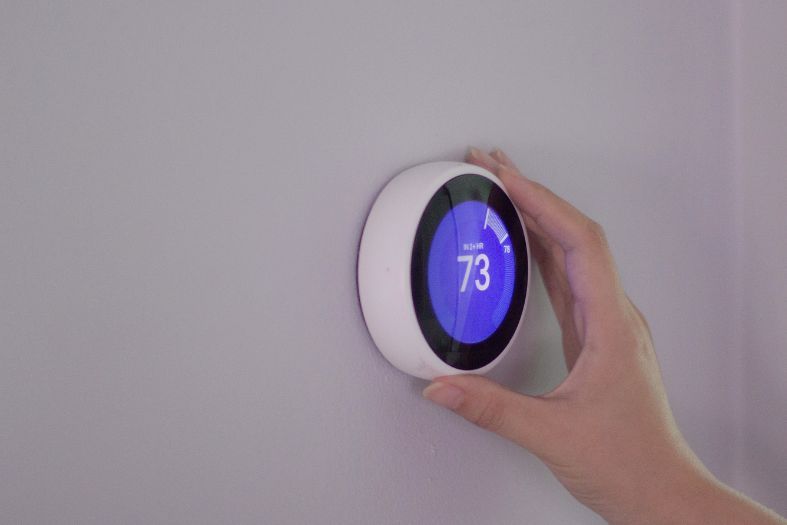
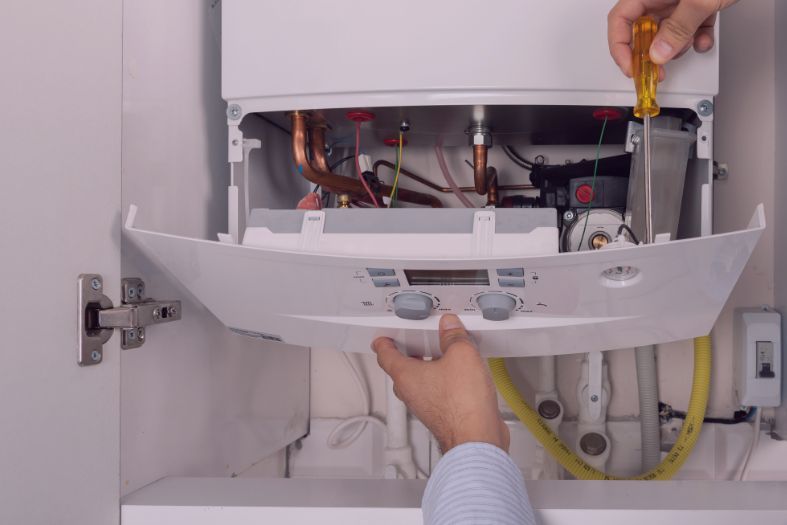
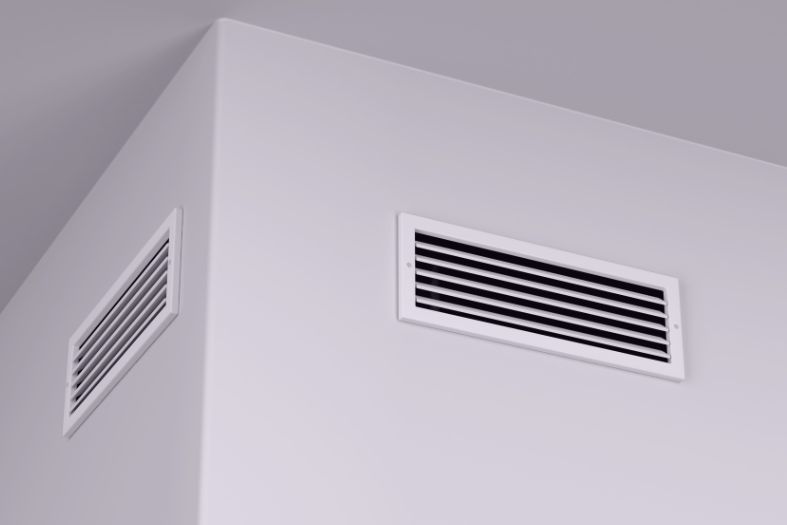
Leave a Reply